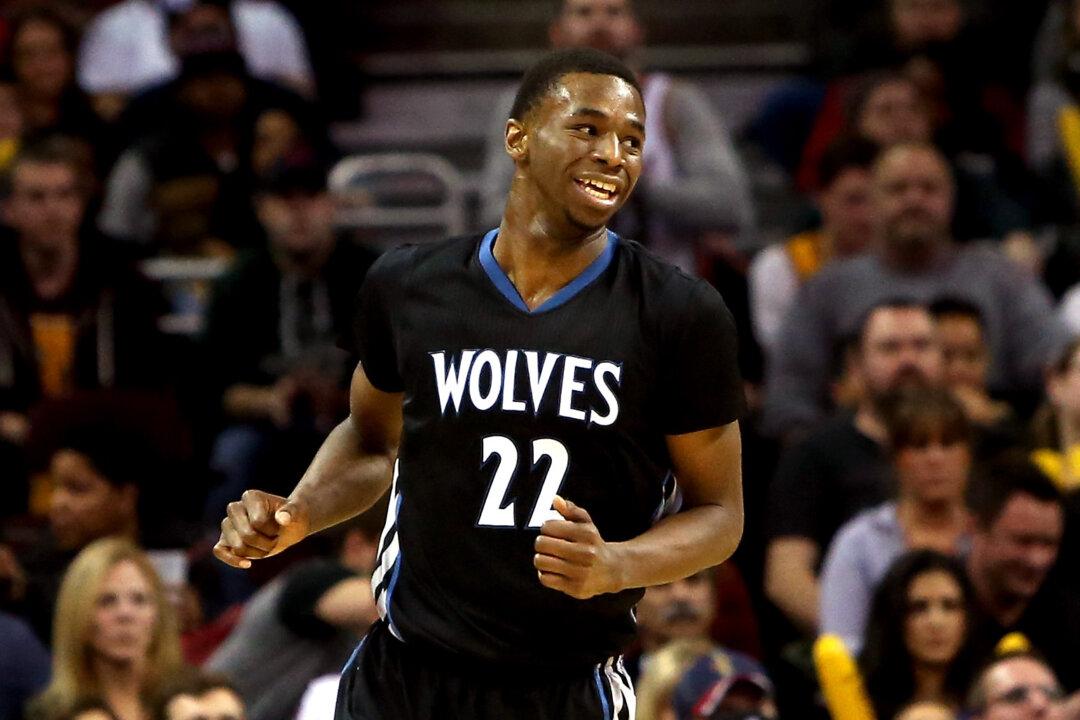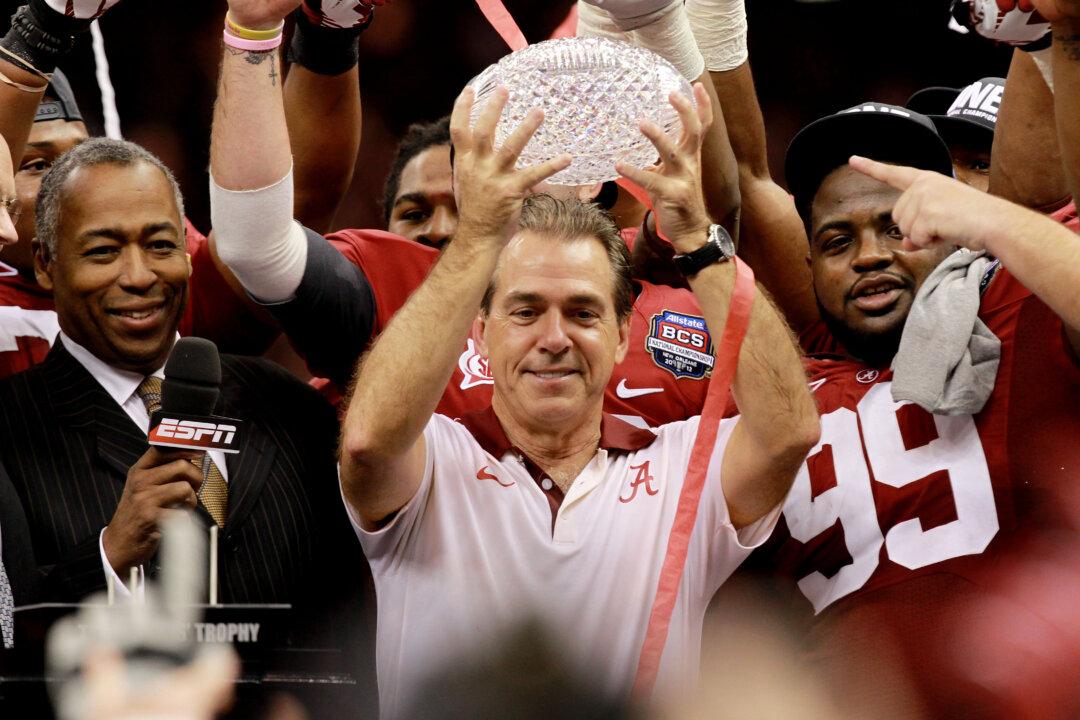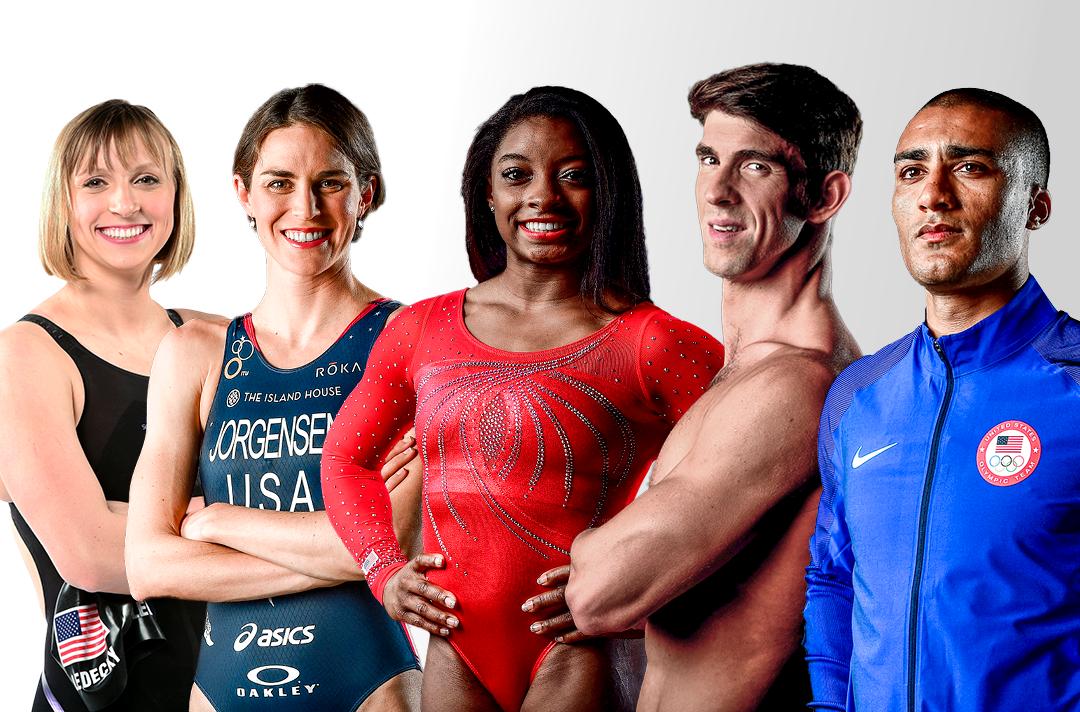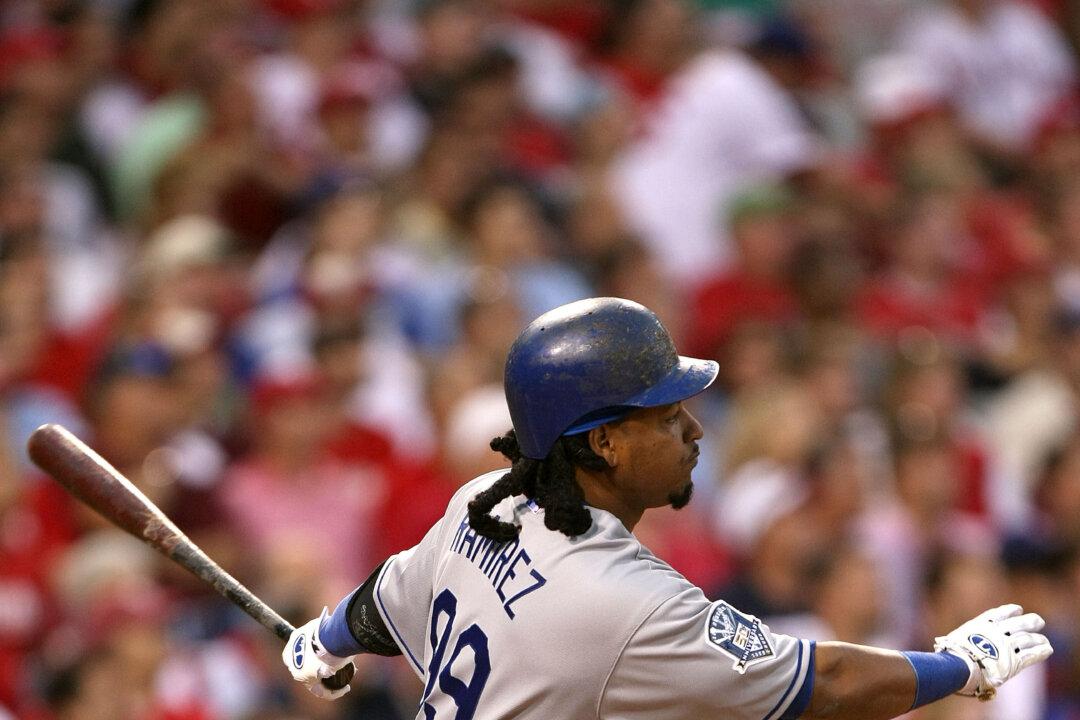Generally speaking, it takes at least a year to judge a trade—especially one involving a rookie who has yet to make his NBA debut.
That said, there is little that can happen between now and August 23rd—which will be the one-year anniversary of the Andrew-Wiggins-for-Kevin-Love deal—to change my mind that the Timberwolves got the better end of this one.
What Cleveland can do to somewhat salvage this deal is re-sign the big man this summer. But the fact that the three-time All-Star was generally their third option on offense—and put up his worst numbers in five years—may make for some tricky negotiations.
Besides, the Cavs got past the Bulls in the second round without him, and should they get past Atlanta and into the Finals, his name may become a footnote to a successful season.
Forgetting how well Love fits—or doesn’t fit—with Cleveland, though, the Cavs missed out on the talented Wiggins, who was the unanimous pick for Rookie of the Year, and that’s why this deal hurts.





